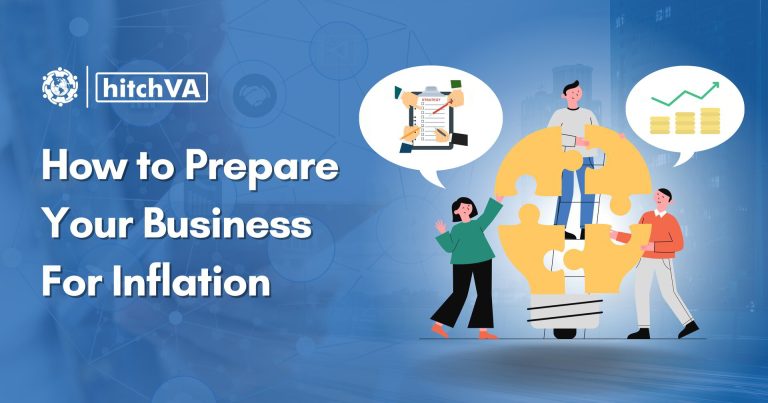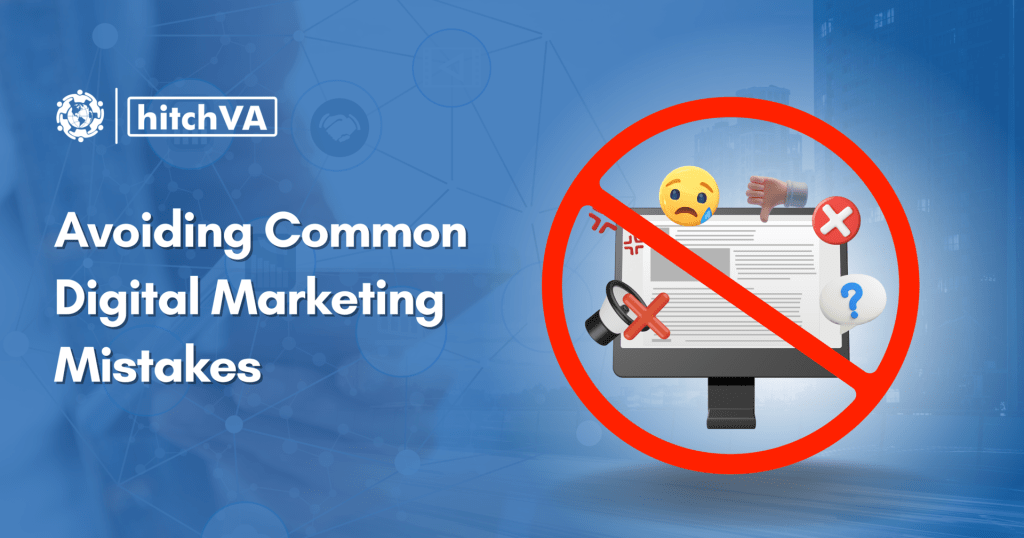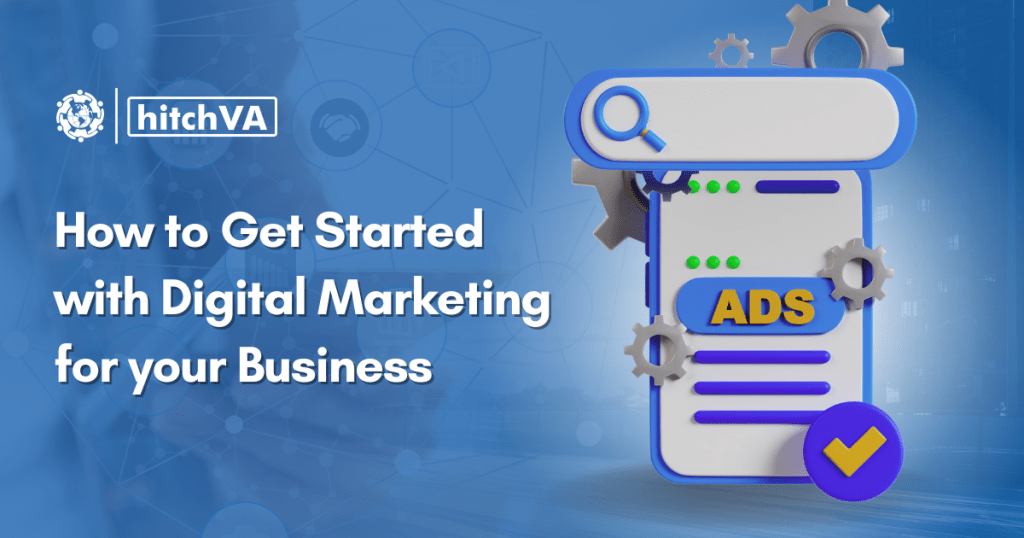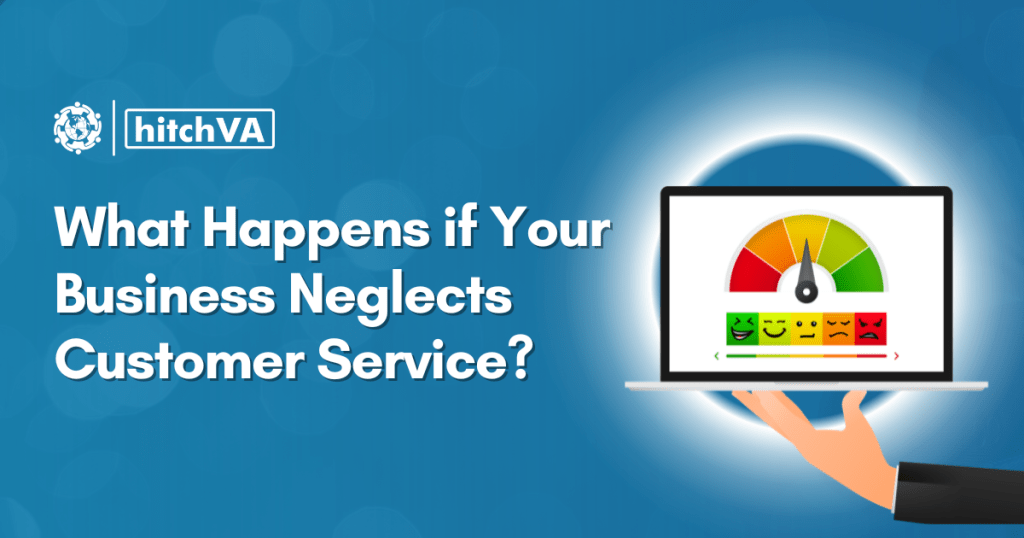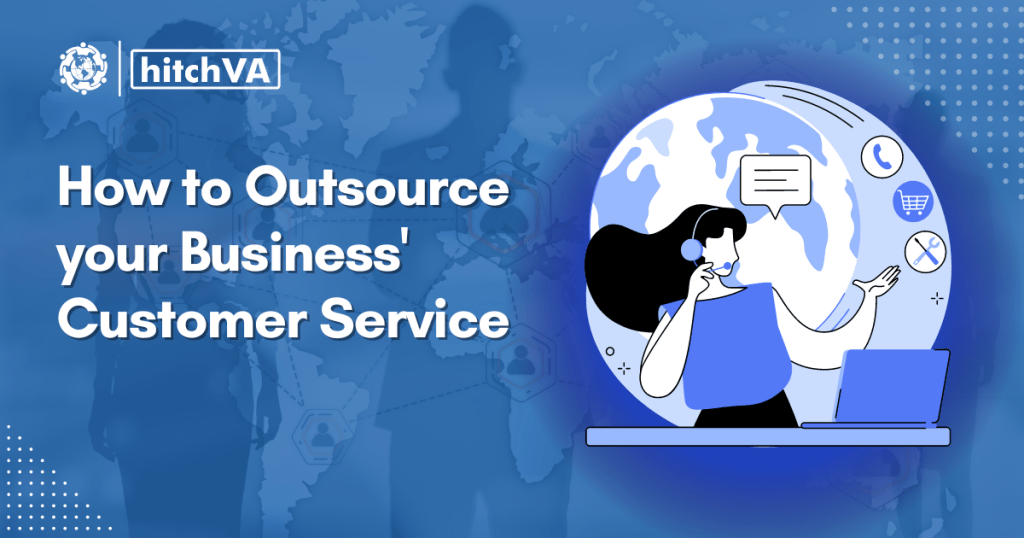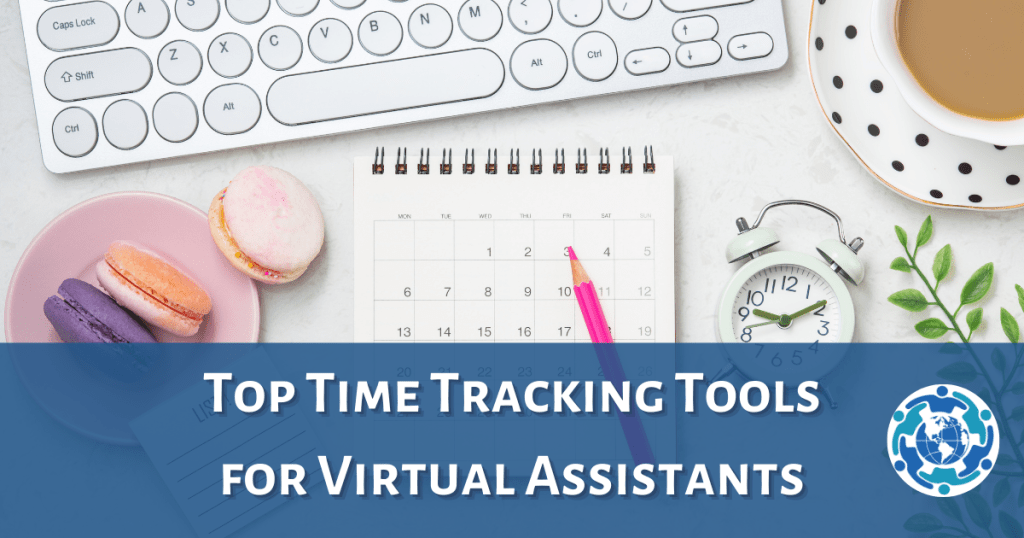For any business, inflation is an important factor to consider when planning and budgeting. Inflation is a measure of how quickly prices in the economy are rising, and it affects businesses by increasing their operational costs. Knowing how to anticipate and prepare for inflation is essential for any business looking to stay ahead of the curve.
What is Inflation?
Inflation measures the rate at which prices in an economy are rising over time. It’s calculated as an average percentage increase from one year to another across all goods and services that make up a country’s Consumer Price Index (CPI). The CPI measures the cost of items in different categories such as transportation, housing, education, food, and entertainment.
When inflation rises, it means that the cost of goods and services has become more expensive compared to the previous year.
How Does Inflation Affect Businesses?
Inflation impacts businesses in numerous ways. As prices rise, so do production costs; this means businesses must pay more for raw materials or labor needed to produce their goods or services.
Additionally, businesses may have to raise their prices in order to keep up with inflationary pressures; however, this can be risky as customers may opt not to purchase products at higher prices. This can lead to decreased sales revenue and profit margins if not managed properly.
Lastly, if wages increase due to inflationary pressures then businesses may have to adjust salaries accordingly in order to remain competitive with other employers within their industry.
Preparing Your Business for Inflation
The key for business owners is being proactive when preparing for inflationary pressures. By accurately predicting future price increases you can plan ahead and budget accordingly so that your business isn’t caught off guard by sudden changes in pricing or wages.
Additionally, you should evaluate your current pricing strategy and explore ways you can mitigate risks associated with raising prices such as offering discounts or loyalty programs for customers who purchase regularly from your business.
Finally, monitoring economic indicators like GDP growth rates or unemployment figures can provide insight into potential changes in consumer spending habits which could affect your bottom line over time if not taken into consideration beforehand.
In conclusion, it’s important that businesses understand how inflation works and take steps toward managing its effects on their operations proactively rather than reactively. By researching economic trends, adjusting pricing strategies accordingly, and keeping a close eye on production costs you can ensure that your business remains profitable even during times of high inflationary pressure.
With this knowledge under your belt, you should feel better equipped now than ever before when approaching tough economic decisions related to inflation!


